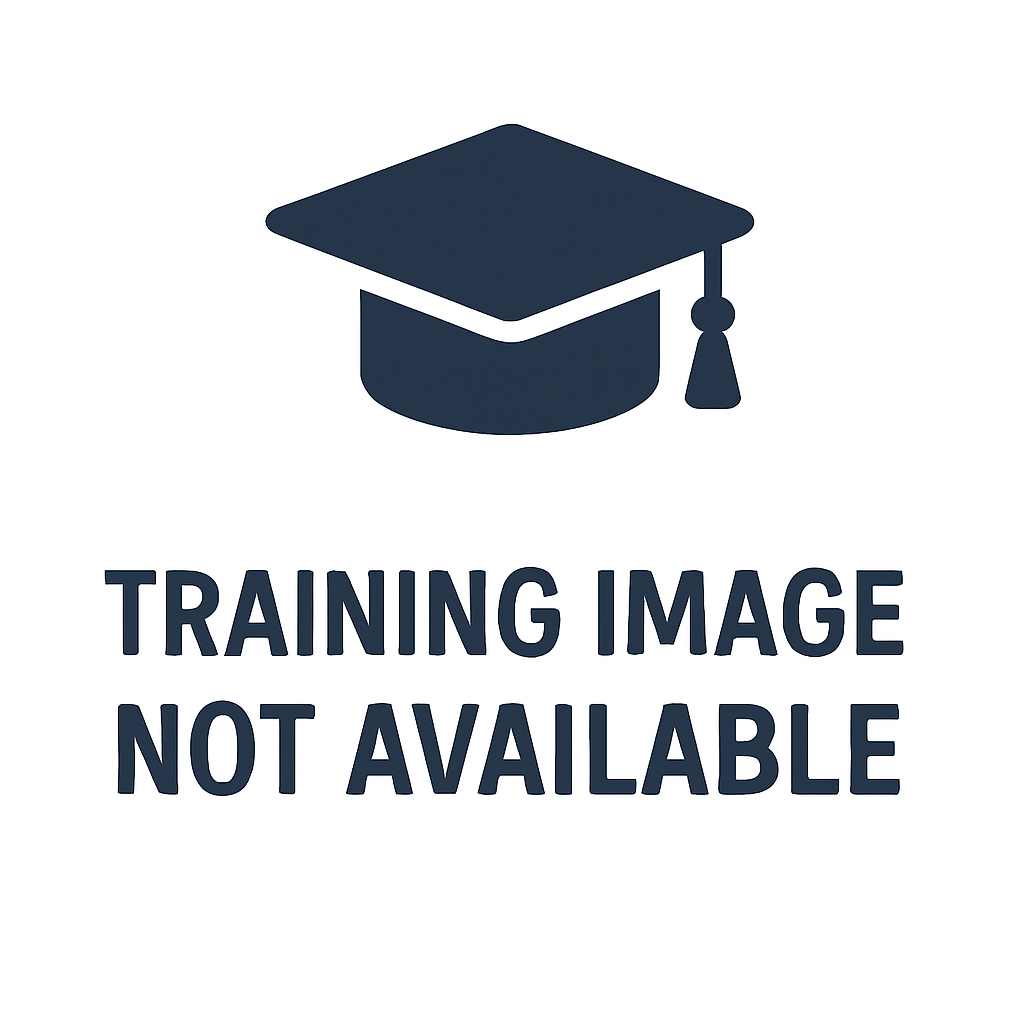









Description
MUIH offers four master’s and doctoral programs in acupuncture and herbal medicine: Master of Acupuncture , Master of Acupuncture with a Chinese Herbal Medicine Specialization, Doctor of Acupuncture , and Doctor of Acupuncture with a Chinese Herbal Medicine Specialization. All four programs prepare students to achieve full clinical competency in acupuncture and to become highly skilled, integrative acupuncturists. Each program has unique characteristics that prepare students for different career tracks and aspirations. All of MUIH’s master’s and doctoral programs in acupuncture and herbal medicine blend acupuncture approaches from two healing traditions, Constitutional Five Element Acupuncture (CFEA) and Traditional Chinese Medicine (TCM), with contemporary science as the basis for treating the whole person. The programs provide a comprehensive understanding of the classical and theoretical foundations of the field of acupuncture and introduce students to biomedicine from an integrative and holistic perspective. They emphasize self-cultivation and healership through a curriculum that is rigorous, transformative, and relationship centered. By drawing upon ancient wisdom and the gifts of nature students will learn to choose their words and actions intentionally in order to be a healing presence that supports their patients. These programs develop highly skillful and compassionate practitioners who offer acupuncture as a catalyst for healing and wellness, as well as for increased self-awareness and personal transformation. Additionally, the programs provide a solid foundation in career development, practice management, and the business skills necessary to build a practice or enter the workforce and participate in today’s growing healthcare field.
Course Curriculum
LEVEL I – The Tao: Health in Wholeness Level I begins with an intensive course on healership that introduces students to the art, practice, and science of being a healing presence. Students are introduced to MUIH’s foundational philosophical principles, living within the rhythms of nature, living with mindfulness, and the skillful and purposeful use of language as tools for being a powerful healing presence and catalyst for change. This intensive is followed by coursework designed to open up the power of observation and sensory awareness. Other topics in Level I include: The foundational laws and theories that underpin the field of acupuncture and herbal medicine Diagnostic skills development Rapport-building skills development Surface anatomy and point location History of acupuncture and an introduction to the classical texts Ethics Orientation to information literacy Philosophy, practice, and therapeutic application of qi through the study of classical self-cultivation practices (such as Tai Ji, Qi Gong, and Daoist meditation) LEVEL II – Ying/Yang: Health in Balance Level II coursework delves deeper into the topics introduced in Level I, focusing on theory, diagnosis, treatment planning, and skills development. Students continue to observe clinical practice throughout Level II and begin supervised clinical work. Each student trains at the on-campus faculty-supervised clinic and at the off-campus Community Clinic Sites. Near the end of this level, each student will take the Level II Comprehensive Exam. Upon passing the exam, the student may begin the expanded clinical portion of the program. LEVEL III – Qi: Health in Movement Level III begins with a three-day off-campus retreat, which serves as a bridge between the academic work of Levels I and II, and the clinical experience of Level III. During the retreat, students reflect on their clinical transition and build community with peers who will practice with them in the faculty-supervised clinic. Over the course of Level III, each student generates a minimum of 10 patients, and completes, under supervision, a minimum of 295 treatments. A portion of the completed treatments will take place in integrative healthcare settings that may be located off-campus. The Chinese herbs clinic consists of 210 hours, including direct diagnostic calibration treatment planning, and extensive practical dispensary training. Each student also performs at least 180 treatments on patients at Community Clinic Sites (begun in Level II). In addition to the increased clinical focus, Level III coursework focuses more deeply on advanced topics in theory, diagnosis, treatment planning, and skills development. During the final stages of clinic work, each student must pass an oral exam with a panel of senior faculty that demonstrates the student’s embodied knowledge and skills in the realm of Chinese medicine. In addition, students must complete evidence-informed case reports, and a more extensive case study, on their own patients. Students may graduate upon completion of all coursework, clinical, and other academic requirements.
Trainer Expertise
ACUPUNCTURE 260





